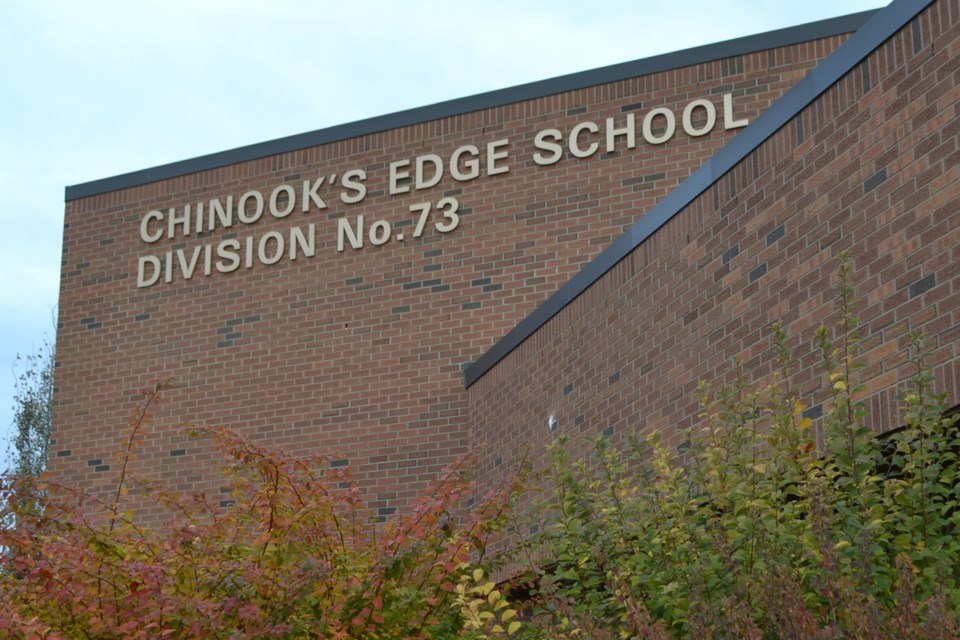INNISFAIL - The code of conduct for Chinook’s Edge School Division (CESD) trustees has received a major and extensive upgrade, with the board approving the new policy at its recent, regularly-scheduled meeting.
The new eight-page code replaces the 2017 one-page code.
The new PL 3 0 03.1.0 Trustee Code of Conduct outlines how elected trustees should act when dealing with the public, students, teachers and staff.
It also deals with such things as the handing confidential information, conflicts of interest, improper use of influence, social media use, gifts and benefits, and formal and information complaint processes.
The updated code came following an extensive review process, including an examination of other school divisions’ policies, said CESD chair Holy Bilton.
“We took a look at various policies from divisions mostly across the province, and even some outside of the province, to really get a good understanding and make sure everything was clear,” she told the Albertan.
The board decided to update the code and expand its scope to bring the division up-to-date with current practice, she said.
Asked what section or sections of the new code stand out for her as particularly important, Bilton said the detailed informal and formal complaint processes should reassure the school community and the public that trustees will be acting in the best interest of students.
“What was recommended to us and what was very important to us is that we have a very clear and concise way to help solve problems and mitigate issues,” she said.
“With a really strong code of conduct, the community and the people who elect us should be confident that we are there for the right reasons and we are always trying to act in the best interest of our students and our schools.”
The informal complaint process states, in part, that, “Any person who identifies or witnesses behaviour or activity by a trustee that they reasonably believe, in good faith, is in contravention of this code of conduct is encouraged to attempt to address the prohibited behaviour or activity informally, where appropriate, by encouraging the trustee to acknowledge and agree to stop the behaviour or activity.”
The formal complaint process states that a complaint must be made in writing and include the complainant’s name and contact information and that the complaint be address to the board.
Regarding remedial action, the board may impose sanctions on a trustees who contravenes the code. Those sanctions include disqualifying the trustee from the board.
The improper use of influence section states a trustee “must not use the influence of their office for any purpose other than the exercise of the trustee’s official duties (and) must not act as an agent to advise on behalf of any individual, organization or corporate entities before the board, committees of the board or any other body established by the board.”
Regarding expenses, the policy states, in part, that, “falsifying of claims, including receipts or signatures, by a trustee is a breech of this code of conduct and the Criminal Code of Canada and could lead to prosecution.”
Trustees will work and review the new policy going forward to identify any changes or modifications that may be needed, said Bilton.
The complete new code of conduct is available on the division’s website.



